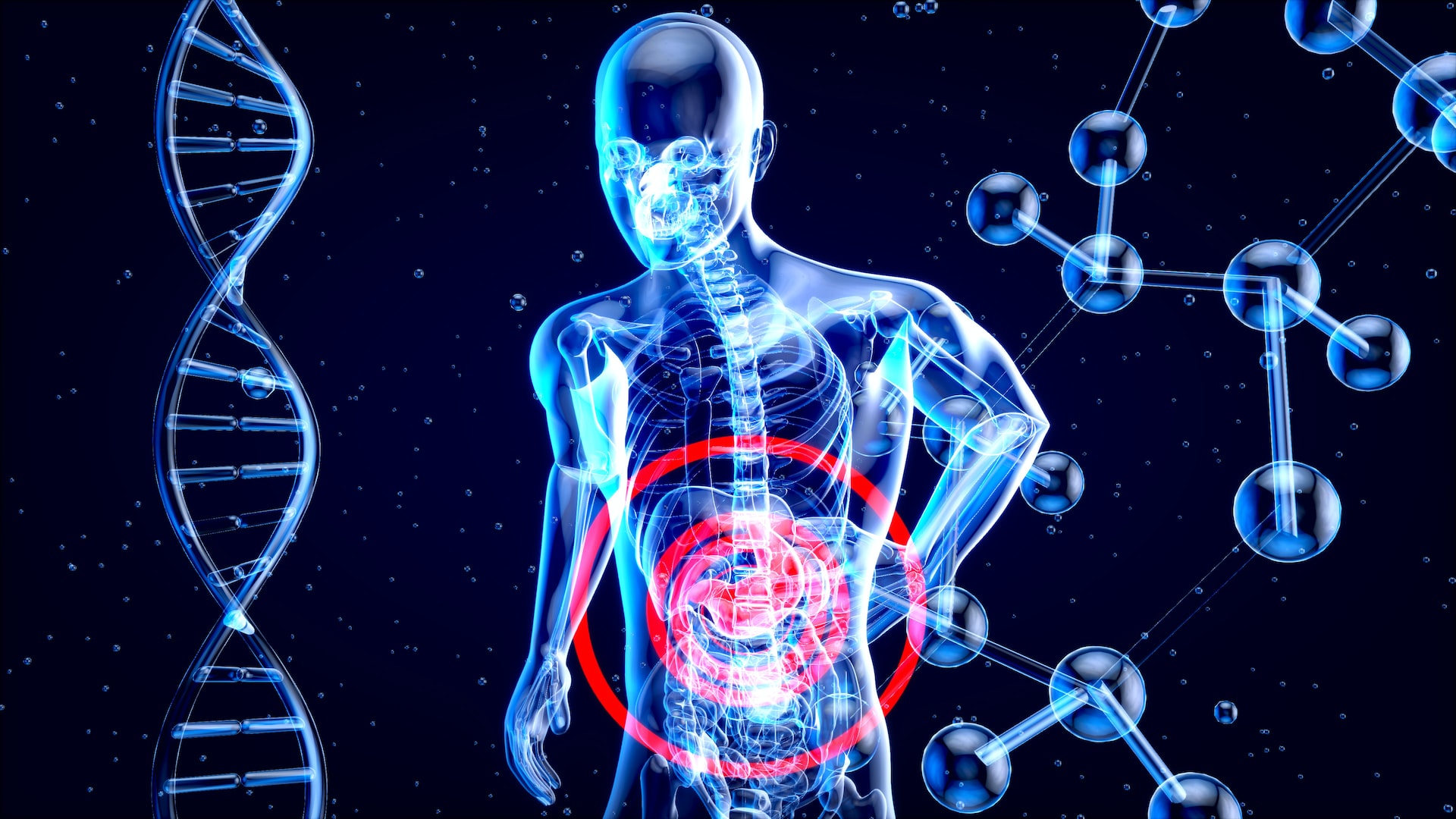Kidneys filter blood every 30 minutes, helping to control blood pressure, stimulate the production of red blood cells, keep bones healthy and regulate chemicals in the blood.
Damage to the kidneys can lead to chronic kidney disease (CKD). This gradually reduces the number of functioning kidneys and may eventually result in permanent loss of kidney function or end-stage renal failure.
Diabetes
Diabetes is when your blood sugar (glucose) levels are too high. This results from your body’s cells not responding to the hormone insulin. The high blood glucose levels cause your body to store more sugar in your blood and organs. This can lead to serious health problems, including kidney damage.
Too much sugar in your blood can also damage the tiny blood vessels that nourish your eyes, skin and feet. This can lead to a condition called diabetic retinopathy. This can cause vision loss and blindness. It can also cause nerve damage that can cause tingling, numbness, or pain in your legs or feet.
Another condition that can damage your kidneys is a type of diabetes called diabetic nephropathy. This occurs when the small blood vessel clusters in your kidneys (glomeruli) are damaged by diabetes. The glomeruli are the filters that remove waste and excess fluid from your blood.
High Blood Pressure
High blood pressure, or hypertension, is one of the leading causes of kidney damage in the United States. About 1 in every two people has high blood pressure.
When you have high blood pressure, your blood vessels become stiff and narrow, which makes it harder for your body to get the blood and oxygen it needs. This is particularly true of the blood vessels that lead to and inside the kidneys, which need good blood flow.
Eventually, this problem leads to progressive kidney damage that may lead to kidney failure.
In addition, uncontrolled high blood pressure may increase your risk of other problems related to your kidneys. For example, it can cause a weakened kidney artery to bulge or break, resulting in an aneurysm.
Another way that uncontrolled high blood pressure can lead to kidney damage is through scarring of the small filtering units inside the kidneys called glomeruli. This is a common cause of kidney disease and kidney failure because the kidneys can no longer effectively filter waste from your blood.
Eating healthy foods and exercising regularly is the best way to control your high blood pressure. Your doctor can also prescribe medication to help keep your blood pressure under control and protect you from kidney disease and other health problems.
A diet rich in vegetables, fruits, whole grains, and low-fat dairy products can help you maintain a healthy weight and reduce your blood pressure. Limit salt intake, as excess sodium can raise your blood pressure.
Obesity
Obesity is a disease that affects how your body stores, processes, and uses energy—many factors, including your diet, genetics, hormones, and environment, cause it.
A healthy, balanced diet containing plenty of fruits and vegetables is important for your health. However, an unhealthy diet high in fatty and sugary foods is one of the leading causes of obesity.
Excessive weight also strains your body’s joints, skeleton, and muscles. This can lead to pain, arthritis, and joint problems.
In addition, excess fat in your blood can cause problems with your heart and liver. This can lead to cardiovascular and fatty liver disease, which increases your risk for kidney damage. The leading cause of kidney damage in obese people is hypertension. This is because obesity raises your blood pressure by increasing the amount of sodium you absorb through your intestines and by impairing the flow of water out of your body through your kidneys.
Smoking
The kidneys are important organs that help control your blood pressure and keep the fluid in your body from leaking out of your tissues. They are resilient and work hard to keep your body healthy, but smoking can damage them and worsen existing kidney damage.
Smoking is one of the leading causes of chronic diseases and premature death worldwide. It is also associated with an increased risk of diabetes and lung cancer (cancer of the lungs).
Kidneys are responsible for keeping your blood pressure in the normal range and filtering excess fluid from your blood. Having high blood pressure can lead to kidney disease and other health problems.
Some of kidney failure’s main symptoms are high protein levels in your urine, called albuminuria, and a reduction in your kidney’s ability to function. The more cigarettes you smoke, the higher your risk of these symptoms.
In addition, smoking is linked to an increased risk of a condition called glomerulonephritis. The kidneys’ lining becomes damaged, and the blood vessels that connect them become narrower.
Alcohol
The kidneys are a key part of your body’s system for removing excess water and toxins. In addition, they control the production of red blood cells and release hormones to regulate blood pressure.
Excessive alcohol consumption can wreak havoc on your kidneys and cause serious health problems. Drinking excessively can also affect your blood pressure and medications for high blood pressure, making it even more important to limit your alcohol intake to one or two drinks per day.
Long-term alcohol use can also wreak havoc on your liver. If you drink large amounts of alcohol, you can have a buildup of fats in your liver called alcoholic fatty liver disease.
Eventually, this condition can be fatal if it is not treated. Thankfully, much of the damage caused by alcohol use can be reversed when you stop drinking.
If you stop drinking and follow a healthy diet, your kidneys can usually recover. However, if you have severe kidney damage from alcohol, it may take longer to repair. Your nephrologist will be able to help you determine the best way to manage your health and alcohol use.





Leave a Reply
You must be logged in to post a comment.